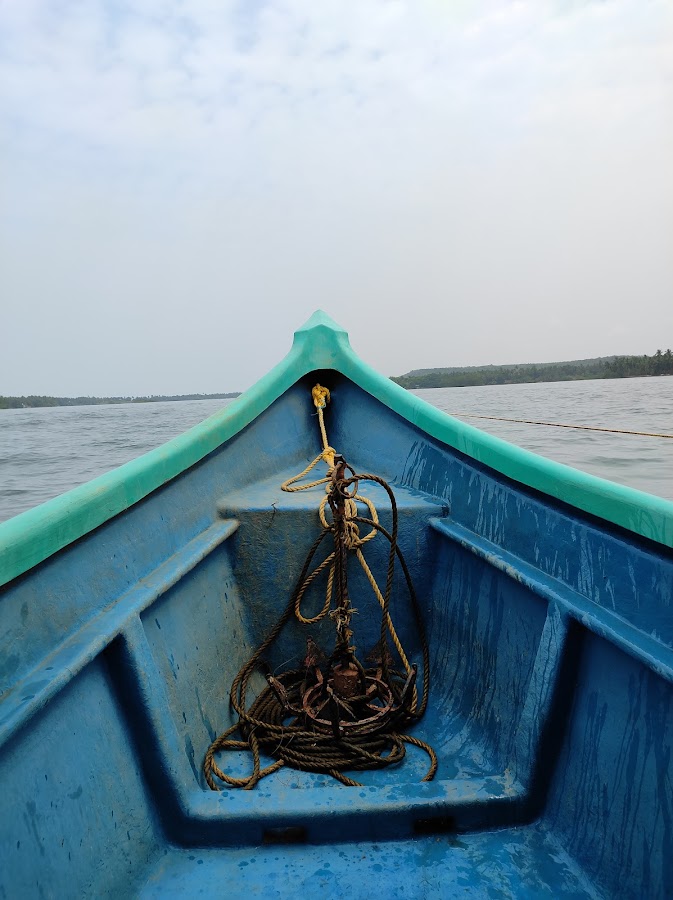
Malvan Marine Sanctuary
Tarkarli, India
- Boat trip for dolphin spotting
- Explore the coastal area by boat
- Relax on Tarkarli beach
- Scuba diving to explore coral reefs
- Snorkeling in clear turquoise water
Known for:
Description:
The Malvan Marine Sanctuary, located off the coast of Tarkarli, Maharashtra, India, is a haven for marine biodiversity. Established in 1987, it's the first marine sanctuary in the state, encompassing coral reefs, sandy beaches, rocky shores, and mangrove ecosystems. Visitors can explore vibrant coral gardens teeming with colorful fish, sea anemones, and other fascinating marine creatures. Snorkeling and scuba diving are popular activities, offering a close-up view of this underwater paradise. Boat trips are also available for those who prefer to stay dry while enjoying the scenic beauty of the coastline and spotting dolphins. The sanctuary plays a crucial role in protecting the delicate marine ecosystem and promoting sustainable tourism in the region. It's a must-visit destination for nature lovers and adventure seekers alike.
History:
The Malvan Marine Sanctuary was established in 1987 to protect the rich marine biodiversity of the Malvan coast. Concerns over destructive fishing practices and increasing tourism led to the realization that a protected area was necessary to preserve the coral reefs and other marine habitats. The sanctuary was the first of its kind in Maharashtra, marking a significant step towards marine conservation in the state. Over the years, the sanctuary has faced challenges such as coral bleaching and pollution, but ongoing efforts are being made to mitigate these threats. Local communities are actively involved in the conservation efforts, promoting sustainable tourism and raising awareness about the importance of protecting the marine environment for future generations. The sanctuary continues to serve as a valuable research site and a popular destination for ecotourism.